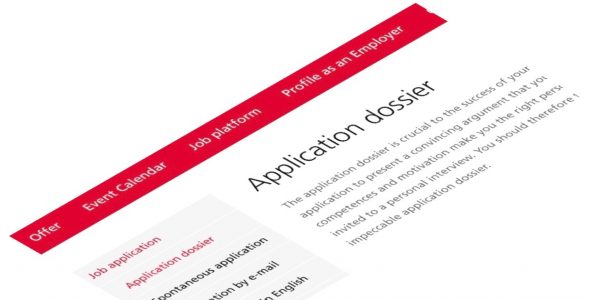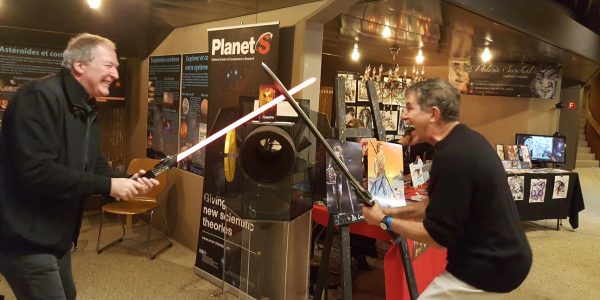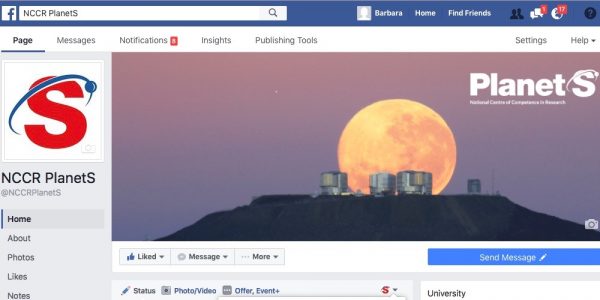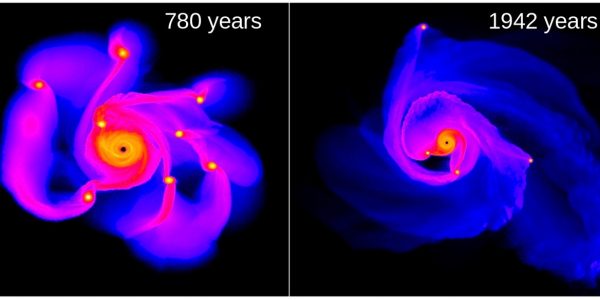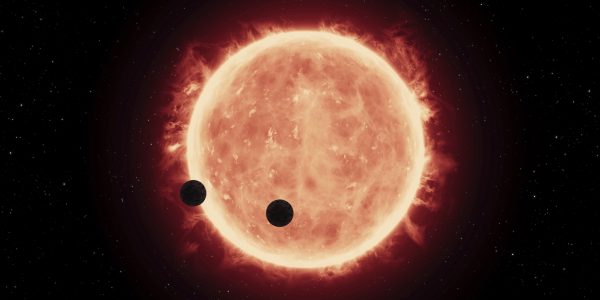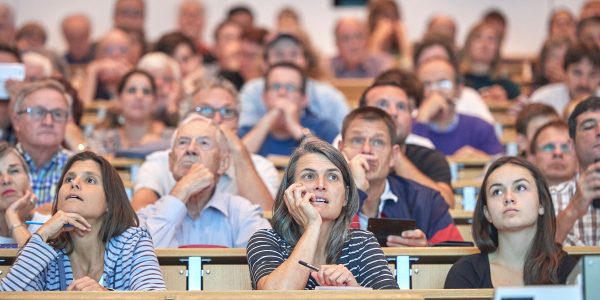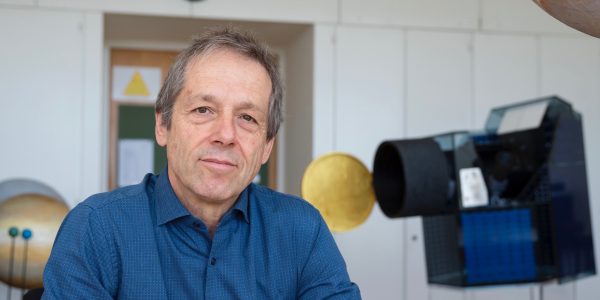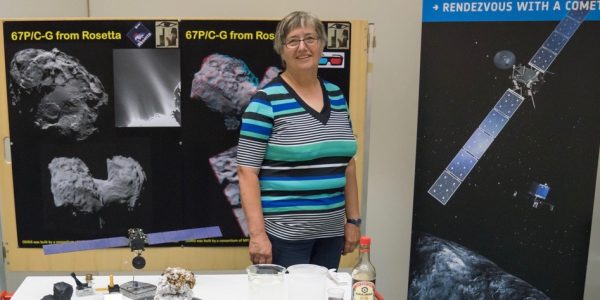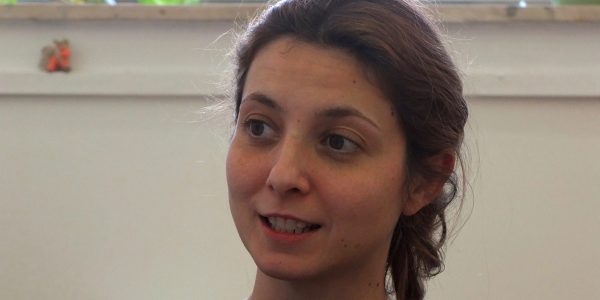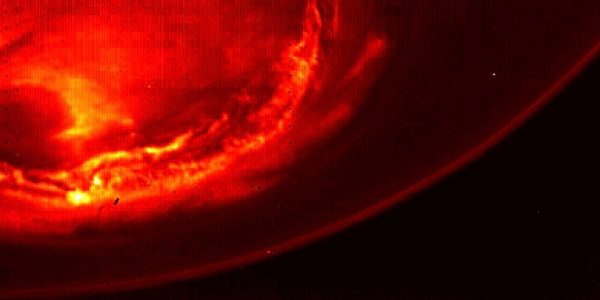Author Archive
What makes a good job application
By Nadine Afram The PlanetS Academic Platform carried out a survey with PlanetS professors to find out what – in their opinions – makes a good job application for a scientific research position in their group (experimental or theoretical). The survey questions were based on the input of young scientists at PlanetS and on feedback […]
Continue ReadingPlanetS at Swiss Fantasy Show
By Pierre Bratschi An unusual proposal arrived on the desk of the platform communication and outreach members of PlanetS to participate in the Swiss Fantasy Show, a convention bringing together thousands of sci-fi fanatics. “Okay,” Willy Benz finally declared after a long reflection tinged with skepticism, “but we are scientists who do science. Show that […]
Continue ReadingFacebook experiences
By Carsten Knigge After having launched the PlanetS Facebook profile last April and hence six months of running time so far, certain impressions and experiences shall be shared here with the PlanetS community. After certain technical difficulties in the beginning, the submission process by means of a dedicated form seems to work smoothly. The language […]
Continue ReadingHow planets like Jupiter form
Young giant planets are born from gas and dust. Researchers of ETH Zürich and the Universities of Zürich and Bern simulated different scenarios relying on the computing power of the Swiss National Supercomputing Centre (CSCS) to find out how they exactly form and evolve. They compared their results with observations and were able to show […]
Continue ReadingPreferentially Earth-sized planets with lots of water
Computer simulations by astrophysicists at the University of Bern of the formation of planets orbiting in the habitable zone of low mass stars such as Proxima Centauri show that these planets are most likely to be roughly the size of the Earth and to contain large amounts of water. In August 2016, the announcement of […]
Continue Reading“Rosetta found an interesting place to die”
At the University of Bern about 300 guests and the Swiss media followed the end of the spacecraft Rosetta that was manoeuvred to crash on comet Churyumov-Gerasimenko. University of Bern, 30 September 2016, 13:17 CEST: In a big lecture hall filled to capacity the researchers and speakers Nicolas Thomas and Martin Rubin are getting nervous. […]
Continue ReadingProxima Centauri b
Dear Reader, The discovery of Proxima Centauri b is nothing short of extraordinary: A planet with a mass that appears similar to that of the Earth is orbiting in the habitable zone of our nearest star! We could not have hoped for anything better! The star is sufficiently close that within the next decade instruments […]
Continue Reading“It was the most exciting mission”
On Friday 30 September 2016 the European spacecraft Rosetta will crash into the comet Churyumov-Gerasimenko. Aboard the Rosetta spacecraft is the instrument ROSINA, which was developed by Physics Professor Kathrin Altwegg and her team at the University of Bern. PlanetS: You will lose an instrument that you have grown very fond of – it has […]
Continue ReadingUnderstanding Giant Planet Formation
Ravit Helled occupies an office in the buildings of the Irchel campus, University of Zurich, Y11 building. She is with her son who is just a few weeks old, “although I could have been in the event organized by NASA for the arrival of Juno at Jupiter I could not go there, since I was […]
Continue ReadingAmazing Images of Jupiter
According to Scott Bolton, principal investigator of Juno from the Southwest Research Institute in San Antonio the north pole of Jupiter looks like nothing seen or imagined before. It’s bluer in color up there than other parts of the planet, and there are a lot of storms. Clouds have shadows, possibly indicating that the clouds are at a higher altitude […]
Continue Reading
